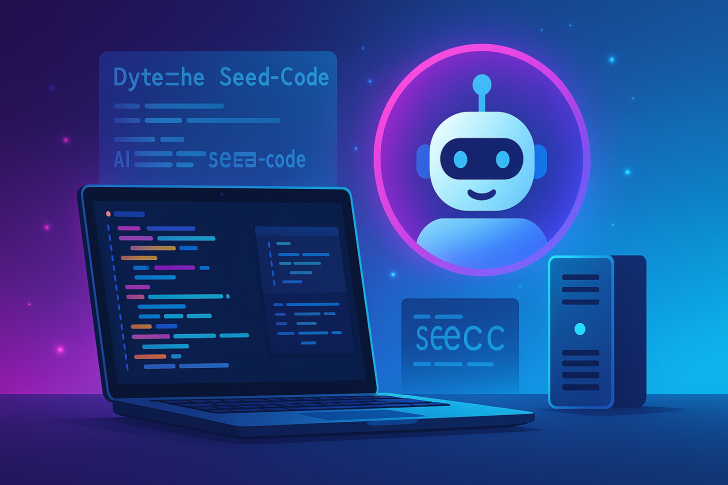⬤ ZenMux recently announced that Doubao-Seed-Code is now available through their unified API platform. The model brings serious horsepower with its 256k context window for handling complex reasoning tasks and vision capabilities that let it parse UI mockups, screenshots, and design sketches. This launch signals ByteDance's serious play in the global AI coding assistant market.
⬤ The timing comes as governments are eyeing new taxes on high-compute AI infrastructure. Proposals floating around include extra levies on data centers and stricter rules on hardware depreciation—moves that could hit operational budgets hard. For companies building or using coding tools like this, these tax changes create real headwinds: smaller AI startups could face financial trouble, and talent might migrate to regions with friendlier tax policies. The regulatory squeeze could slow down how quickly sophisticated tools gain traction.
⬤ What makes Doubao-Seed-Code particularly interesting is its compatibility with Anthropic's API, meaning Claude Code users can swap it in without rebuilding their workflows. ZenMux is pushing developers to try it out now, clearly aiming for quick market adoption.
⬤ As the AI coding space gets more crowded, this launch shows what's becoming table stakes: interoperability, massive context windows, and built-in vision support. ByteDance is making a strong move with Doubao-Seed-Code, targeting teams that need to handle complex development workflows. But with tax uncertainty hanging overhead, the real test will be whether the economics of running these tools remains viable as governments reshape the rules around AI infrastructure.
 Peter Smith
Peter Smith

 Peter Smith
Peter Smith


